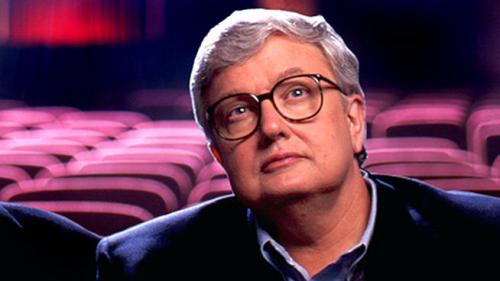I have a scar on my left hand, a little below the knuckle of my index finger. It’s a small spot only noticeable for being paler than all the pale surrounding it. I have thoroughly no idea how I came to have it. What I do know is that, either by some damage to my nervous system or an associated sense memory with the now-forgotten cause of the scar, it has a tendency to flair up, as if being lightly stabbed, during moments of emotional anguish. What makes it really strange is that it never happens during moments of my emotional trauma (no matter how bad), but only when I hear about those of others. Tell me a story of real woe from your life, make me feel it, and it’ll sting like a knife being slowly drilled into my hand. Better yet, show me a tragic movie that hits me like the loss of a loved one and I’ll be crying with pain before I’m crying from upset.
I have for some time and with little poetry referred to it as my “empathy scar”. Actually it’s come in quite useful at times; there have been occasions when watching films that I’ve been so engrossed in them that I am only made aware of how deeply the film is affecting me when I feel a tingling in my joint. A recent (and shamefully first) viewing of E.T. gave me an unexpected jab. Kon Ichikawa’s The Burmese Harp (1956) felt like a cigarette was being stubbed out on my hand. I should have a list of films that have triggered this reaction noted somewhere, but sadly, foolishly, I don’t.
I was left thinking about my empathy scar this evening after watching Life Itself, the Steve James documentary about the life and career of Roger Ebert. At the film’s start, Ebert is quoted: “…for me, the movies are like a machine that generates empathy. It lets you understand a little bit more about different hopes, aspirations, dreams and fears. It helps us to identify with the people who are sharing this journey with us.” It’s not something I’d ever contemplated before – the concept of the “empathy machine” – but I see it now as informing so much of my own passion for the cinema. Many of the films that have touched me the most deeply have communicated feelings I could understand but could never have voiced; whether they be subtle gestures or moments of screen-shaking pain.
Roger Ebert meant nothing to me. I did not grow up with his criticism; I watched British critics on the television and read Michael Dwyer and Donald Clarke in The Irish Times. My only familiarity with Ebert was a skit lampooning him in an episode of the cartoon series Animaniacs, which while not unfunny went for the veritable jugular in terms of jokes about his weight. When he became sick I was mostly unaware of it, and only later lightly followed his Twitter feed. The few times I attempted to engage him there were lost to the aether, although the only one I recall was my arguing against Say Anything…, a film he championed and I openly detest, so it is probably for the best we were never only acquainted over a disagreement. When he died I had little reaction of shock or upset beyond general disappointment that a film fan had died from the complications of a terrible illness. But I knew many people who cared a great deal for him and his writing, and it brought me no small deal of sadness seeing them so hurt.
I’ll steer clear of writing a full review of Life Itself. It’s problematic; bloated in segments and scattered in theme. But it’s deeply earnest, if not completely honest, and when it discusses the merits of film criticism and the competitive but symbiotic working relationship he had with Gene Siskel it taps into some very powerful ideas. Near the film’s close Ebert’s widow Chaz reflects on his death, and perhaps it is the length of time she (and we; the film is long) have had to prepare for and adjust to his passing, but she is in a stage of acceptance in the grieving process that, for want of any other term, is undramatic. It is not the emotional payload the film needs. That comes in the form of extracts from Ebert’s final blog entry, ‘A Leave of Presence’, one of the few works of his I remember reading when it came out. As the echoes of his final send off “I’ll see you at the movies” play over a montage of his life and the outpouring of grief that followed it, while my eyes were watching and studying a movie, a sparkling of discomfort in my had told me I was feeling a loss too, or at least deeply appreciating that of so many others. If it takes an affecting movie and a malfunctioning hand to remind me that I can feel, what of it? It’s surely better than feeling nothing at all.
If nothing else, Ebert made me want to write again after a long absence. There are few feelings better than that.

